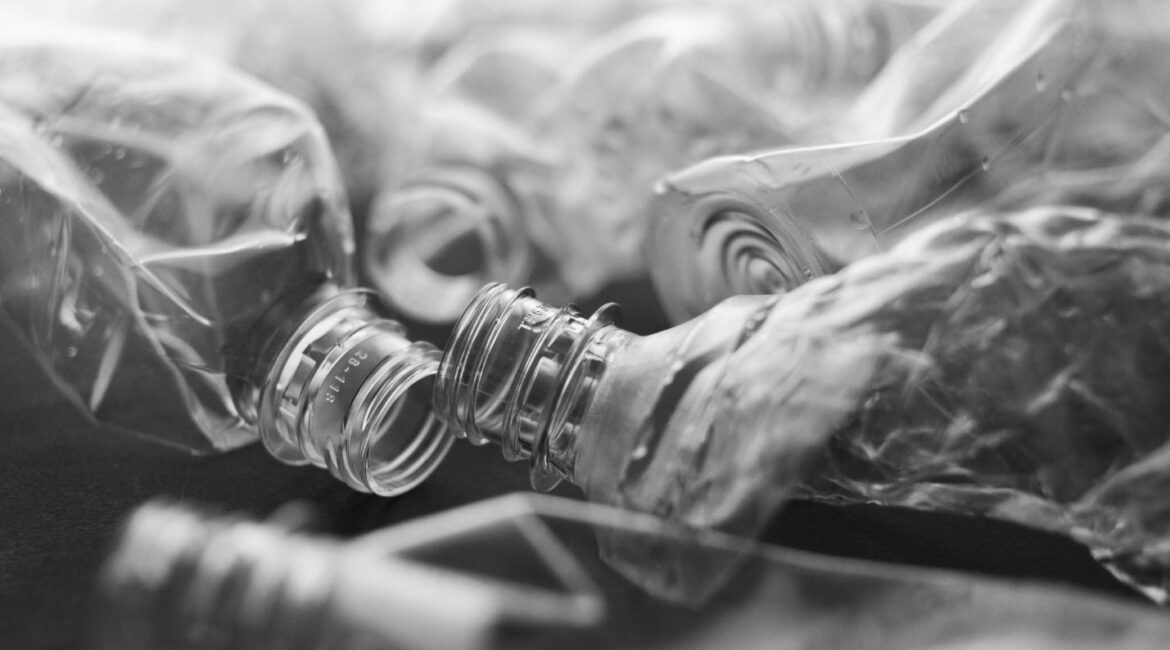The Environmental Impact of Plastic Water Bottles
In today’s world, access to safe drinking water is crucial for maintaining good health. Packaged or bottled water offers a convenient solution, especially in areas where clean water may not be readily available. However, as we rely more on bottled water for its convenience, it’s important to consider the environmental impact of plastic bottles. While they provide an essential service, these bottles can contribute to environmental challenges if not properly managed and recycled. In this article, we’ll explore both the benefits and the environmental concerns associated with bottled water.
How Plastic Drinking Water Bottles Lead to Environmental Damage
Be it 250 ml water bottles or slightly bigger variants, plastic bottles lead to the following issues:
As per a ChemAnalyst report, the Indian PET (Polyethylene Terephthalate) bottle market reached 1,285 thousand tonnes in FY2023, with a projected CAGR of 5.14% until FY2034. Additionally, a report by The Energy and Resources Institute highlighted that beverage sector drives 23% of PET packaging, with non-alcoholic beverages accounting for 22% of this packaging, highlighting their significant market impact.
• Fossil fuels like natural gas and crude oil are refined and extracted to produce TPA (Terephthalic Acid) and EG (Ethylene Glycol), which combine to create PET resin. This is pelletized to make resin pellets that are used to manufacture bottles.
• Plastic bottles are usually disposed of after consumption since practical and health concerns make them unsuitable for reuse. They are either collected and recycled or incinerated or end up in landfills.
• A 2019 study by Center for International Environmental Law highlighted that iIncineration may lead to considerable GHG emissions.
• Plastic bottles may end up in waterways, thereby polluting the natural environment.
• Multiple studies, including one by National Institute of Health, USA, show that PET plastic bottles require up to 500 years to degrade and may lead to plastic pollution.
Of course, it is tough to function without drinking water bottles due to their convenience and reliability. So, what should one do in this scenario? There are two ways out essentially- one is properly recycling by disposing bottles responsibly and the second step is to purchase the bottled mineral water from an eco-friendly brand like Bisleri, whose PET bottles are not single-use plastic. They are 100% recyclable.
Case Study- Bottles for Change by Bisleri
Bisleri, one of India’s most reputed packaged and mineral water brands, has undertaken a massive campaign to collect & recycle used plastic through its Bottles for Change program.
According to the Central Pollution Control Board (CPCB) , 60% of plastic generated in India (around 13 million tons) is recycled, while the other 40% is not recycled which mostly includes milk pouches, packets of chips, plastic bags, wrappers, etc. These plastics can be recycled multiple times, but they end up in dump yards and lead to environmental issues owing to irresponsible and improper disposal and handling.
Recycled plastic can be transformed into polyester to make t-shirts, shoes, chairs, bags, and more. The process includes cleaning, cutting the plastic into flakes, and melting the same at higher temperatures. Bisleri’s unique Bottles for Change program spreads education and awareness about proper plastic disposal and recycling. Promoting circular economy. The plastic water bottles made from PET material is 100% recyclable and 90-95% of plastic water bottles are recycled in India (highest recycling % globally).
Bottle for Change campaign is underway across Delhi-NCR, Gujarat, Mumbai, Chennai, Bangalore, Hyderabad, Goa, and Pondicherry. It has also tied up with recyclers, waste management agencies, and NGOs for collecting used plastics and converting them into various products. Through this program, Housing societies, hotels, restaurants, colleges, schools, and other institutions can directly send plastic for recycling. The plastic agents are also offered hygienic working environments and better lifestyles under the campaign.
Here are some other key facts that you should know:
• Housekeeping staff, volunteers, and citizens are trained in plastic source segregation and cleaning after use.
• The housekeeping person of each stakeholder will gather this plastic and pass it to registered collection partners or Kabadiwalas under the program from where it is sent to authorized recycling facilities for recycling.
• Bisleri entered the Guinness World Records on 31st January 2024 for collecting the most number of plastic bottles (79,738 kgs) for recycling purposes. The brand reached out to more than 2 lakh students through this endeavor.
• Our BFC Program had reached to 20 Cities, 21 Municipal Corporations, 4,588 Housing Societies, 1,231 Schools & Colleges, 1,014 Corporates, 849 Hotels & Restaurants, 10.31 lac citizens and collected 10,329 MTs of used plastics across India.
Conclusion- Awareness and Social Responsibility are the Need of the Hour
As mentioned, it is hard to operate without plastic bottles, particularly if you depend on mineral water consumption for various reasons. Yet, you should make sure that you enroll under campaigns like Bisleri’s innovative Bottles for Change and contribute towards lowering environmental pollution and damages. At the same time, be aware of proper plastic segregation, disposal, and recycling, while spreading these messages to others in your community. This is the way forward for a healthier and more sustainable planet.





